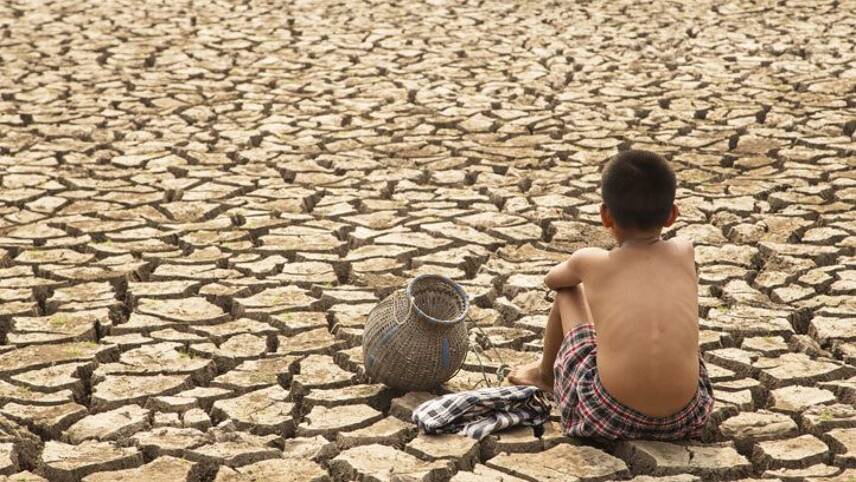
Combining pivotal climate research over the last 18 months, the scientists are using the report to help inform policy implementation at COP28 and beyond.
The 10 New Insights in Climate Science series have been launched at COPs since 2017, in partnership with the UNFCCC. To mark COP28, UNFCCC Executive Secretary, Simon Stiell, has worked with Future Earth, the Earth League and the World Climate Research Programme to outline the latest climate-related trends and how they should be responded to.
Simon Stiell, UNFCCC Executive Secretary said: “The 10 New Insights in Climate Science report provides an essential tool for decision makers at a critical time in the climate calendar each year. Scientific findings from reports like these should inform the ambitious and evidence-based action plans needed in this critical decade of accelerated climate action.”
The new report, which represents the collective efforts of 67 leading researchers from 24 countries, outlines 10 key trends that need to be examined and ideally introduced by regional policymakers to respond to the climate crisis.
- The main message is that overshooting on the 1.5C pathway of the Paris Agreement is “becoming inevitable” and that nations need to minimise how much of an overshoot occurs.
- The report also warns that keeping the Paris Agreement alive will require a “rapid and managed” fossil fuel phase-out, not down.
- Carbon dioxide removals (CDRs) are highlighted as a key tool to fighting the climate crisis and that robust policies are needed to attracted investment to make the market scale.
- The reason CDRs are so important is because the scientists believe that there is an over-reliance on natural carbon sinks, noting that their future contributions and utilisation are “uncertain”.
- The scientists have also called for collaborative governance from regional policymakers in order to better understand and act upon the interlinks between climate and biodiversity.
- The report also warns of compound risks – combination of climate risks that might have more severe impacts than when they occur alone – will amplify the climate crisis and increase in uncertainty.
- Scientists also warn that mountain glacier loss continues to gather pace.
- The report found that humans will increasingly be unable to live in and move from/to places where climate risks continues to rise.
- The report found that championing justice and societal causes will enable better climate adaptation.
- Finally, the research found that reforming food systems is a crucial tool in combatting the climate crisis.
Combining pivotal climate research over the last 18 months, the scientists are using the report to help inform policy implementation at COP28 and beyond.
Prof. Johan Rockström, Director, Potsdam Institute of Climate Impact Research commented: “Science is clear. COP28 must be the global meeting when the world gets serious about phasing out fossil-fuels. Dubai is the grand mitigation moment for coal, oil and gas, which need to shift from increasing 1%/yr to decreasing globally by at least 5 %/yr, and for nature by protecting remaining carbon sinks and stocks in ecosystems, plus building resilience and new carbon sinks in agriculture.
“So far, we have failed on both nature and energy, taking us on a dangerous path towards losing sight of the Paris Agreement target – the 1.5°C biophysical limit.”
edie at COP28
Want more exclusive content from the grounds of COP28? edie is running a daily podcast show live from the ground in Dubai, featuring exclusive interviews with some of sustainability’s sharpest minds. Check out the COP28 Covered podcast here.
We’re also running a live blog, every day of COP28. From a rousing speech from King Charles to new international declarations on health and agriculture, the COP28 Live Blog gives you everything you need to know about each day at the Summit.
View all of edie’s COP28 content here.
© Faversham House Ltd 2023 edie news articles may be copied or forwarded for individual use only. No other reproduction or distribution is permitted without prior written consent.
